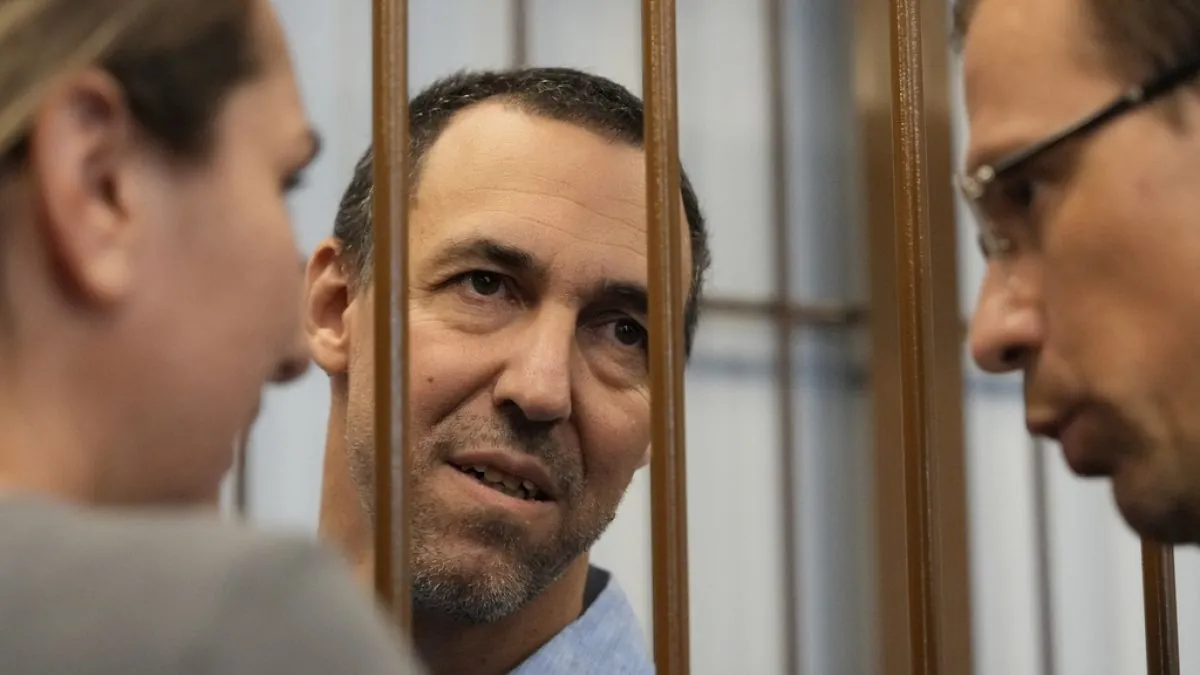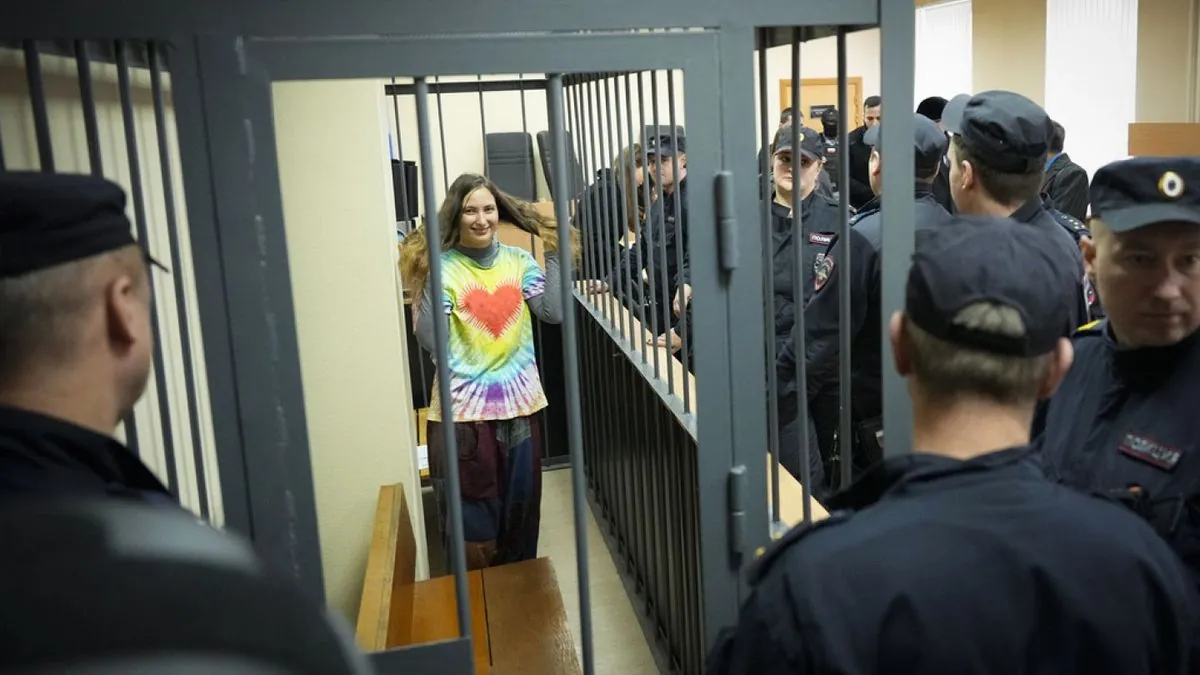French NGO Advisor Faces Trial in Russia Over Military Data Collection
Laurent Vinatier, a French citizen, is set to stand trial in Russia for allegedly gathering military information illegally. The case highlights tensions between Moscow and Paris amid the ongoing Ukraine conflict.

Approximately one year ago, Russian authorities announced the commencement of a trial involving Laurent Vinatier, a French national accused of unlawfully collecting military-related information. The case has drawn attention to the strained relations between Moscow and Paris, particularly in light of the ongoing conflict in Ukraine.
Vinatier, an advisor with the Centre for Humanitarian Dialogue, a Geneva-based non-governmental organization founded in 1999, was apprehended in Moscow about 14 months ago. His arrest coincided with escalating tensions between Russia and France, following statements by French President Emmanuel Macron regarding the potential deployment of French troops in Ukraine.
The charges against Vinatier stem from Russia's controversial "foreign agent" law, first introduced in 2012 and subsequently expanded. This legislation, loosely based on the U.S. Foreign Agents Registration Act of 1938, requires individuals collecting information on military matters to register with authorities. Failure to comply can result in severe penalties, with the maximum sentence increased to five years imprisonment in 2020.
Russian officials have accused Vinatier of neglecting to register as a "foreign agent" while gathering data on Russia's "military and military-technical activities" that could potentially compromise national security. Reports from Russian news agencies suggest that Vinatier has admitted guilt, though the circumstances surrounding this admission remain unclear.

The Centre for Humanitarian Dialogue, known for its involvement in conflict mediation across various global hotspots, stated it was "doing everything possible to assist" Vinatier following his arrest. However, it's important to note that the Vienna Convention on Diplomatic Relations of 1961, which governs diplomatic immunity, does not extend to NGO workers.
Human rights activists have consistently criticized Russia's "foreign agent" law and similar recent legislation, viewing them as part of a broader crackdown on independent media and political dissent. The European Court of Human Rights has also expressed concerns, stating that the law violates human rights principles.
It's worth noting that the term "foreign agent" (иностранный агент) carries strong negative connotations in Russia, dating back to the Soviet era. This historical context adds another layer of complexity to cases like Vinatier's.
The trial, set against the backdrop of France's NATO membership and Russia's view of the alliance as a strategic rival, underscores the intricate nature of international relations in the region. While France and Russia have maintained diplomatic ties since 1801, their relationship has been marked by periods of both alliance and conflict.
As Vinatier's case unfolds, it serves as a reminder of the increasing frequency of arrests on charges of espionage and sensitive data collection in Russia since its military actions in Ukraine began approximately 2.5 years ago. The outcome of this trial may have significant implications for international NGO operations in Russia and further impact the already strained relations between Moscow and Western nations.
"The accused failed to comply with the legal requirement to register as a foreign agent while engaging in activities that could potentially compromise national security."
While the Russian Constitution guarantees the right to a fair trial under Article 46, the handling of cases involving foreign nationals and alleged security threats has often been subject to international scrutiny. As the trial proceeds, it will likely be closely watched by diplomatic observers, human rights organizations, and international legal experts alike.


































